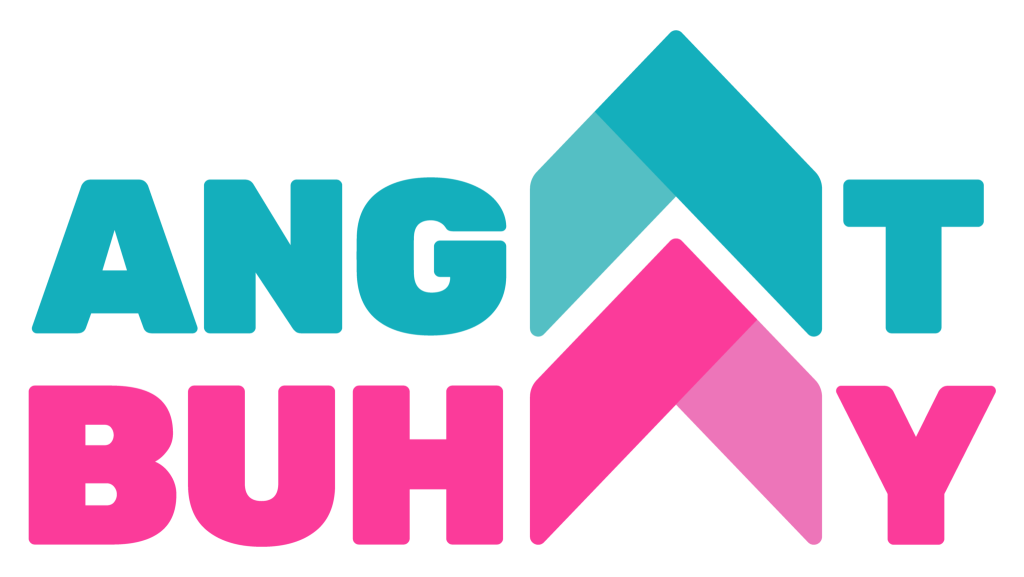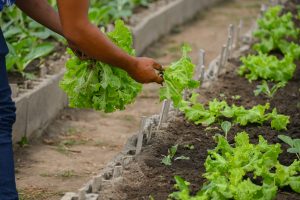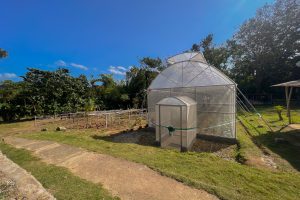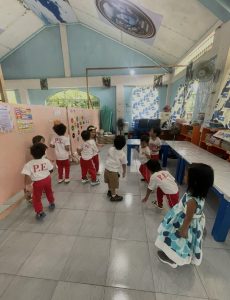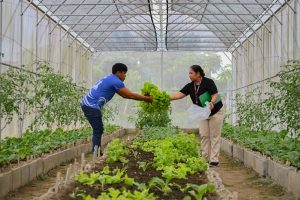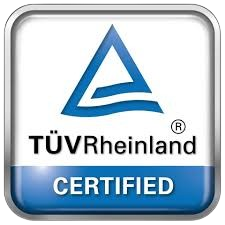There is no denying the importance of literacy and comprehension. These skills are foundational not only for academic success but also for lifelong learning and active participation in society. While the Philippines has long recognized its value, the current state of education remains deeply concerning. This became even more evident when the country ranked 77th out of 81 nations in the 2022 Program for International Student Assessment (PISA). World Bank’s 2022 data on learning poverty also revealed that at least 90% of 10-year-old Filipino children struggle to read or understand simple texts.
In response to this urgent crisis, Angat Buhay and its partners have implemented the Bayan Ko, Titser Ko (BKTK) program—an education initiative grounded in community spirit and designed to improve literacy among Filipino children through collective action and strategic intervention.
BKTK is a community-driven literacy program anchored in the Filipino spirit of bayanihan, or communal unity and cooperation. It empowers volunteers, communities, and partner institutions to work together to combat the reading challenges faced by early-grade learners.
The program uses the Marungko Technique, a phonics-based approach that teaches the modern Filipino alphabet by prioritizing sound-based letter arrangements rather than the traditional sequence, so children can decode and build words early, boosting fluency and confidence. Complementing this is a strong focus on comprehension through read-aloud sessions with quality children’s books, which develop language skills, spark discussions, and build self-expression. The program runs for three to six months.
BKTK also uses an instructional and assessment package developed by the UP Center for Integrative and Development Studies – Education Research Program (UP CIDS-ERP). Volunteer educators from the UP College of Education train partner higher education institutions (HEIs), who then pass on the training to volunteer tutors.
Originally launched as community learning hubs under the Office of the Vice President, when Angat Buhay was still a government program, BKTK has since evolved in response to changing needs. Following a decline in volunteer participation after the pandemic, it strategically shifted into a program focused on addressing literacy disparities among early-grade non-readers.
To ensure the program’s sustainability and replicability, Angat Pinas, Inc., collaborated with local implementing organizations, higher educational institutions, and the Department of Education (DepEd). Additionally, volunteers from the UP College of Education lead trainer workshops to ensure quality implementation.
Currently, BKTK is actively being implemented in the following communities:
City of Manila
Pasig City
Quezon City
Pililla, Rizal
San Mateo, Rizal
Taytay, Rizal
Muntinlupa City
Dasmariñas, Cavite
Silang, Cavite
Calamba, Laguna
Bulakan, Bulacan
Clark, Pampanga
Dagupan, Pangasinan
Naga, Camarines Sur
Nabua, Camarines Sur
Tabaco, Albay
Himamaylan, Negros Occidental
General Santos City
The need to elevate literacy levels in the Philippines has never been more urgent. Programs like Bayan Ko, Titser Ko serve as a beacon of hope, showing how initiatives supported by collaboration and clear strategy can create meaningful, lasting change. Through the efforts of volunteers, communities, DepEd, and partner organizations, Bayan Ko, Titser Ko offers a tangible path forward. It is not just a response to a crisis, it is a movement that reaffirms the power of education, community, and collective care in shaping a better future for the next generation.
